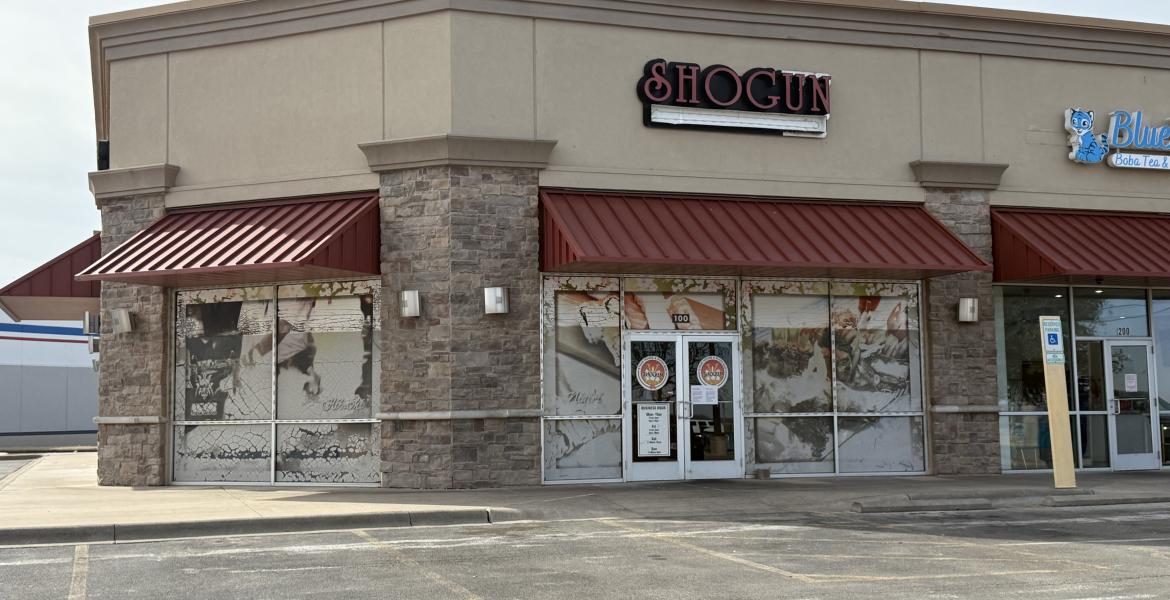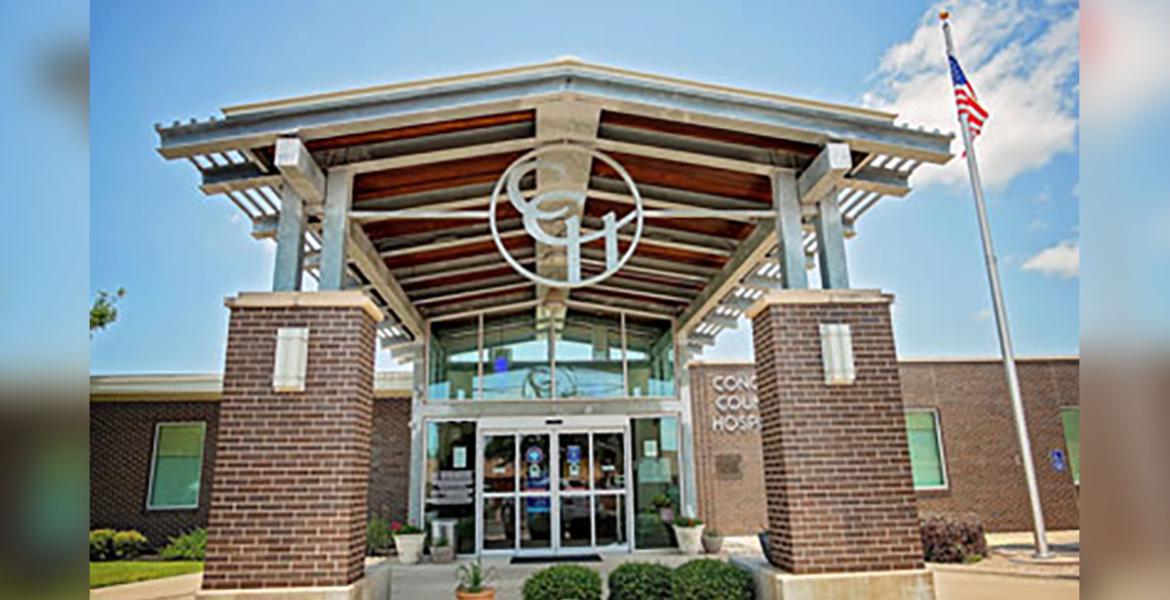SAN ANGELO, TX — Wednesday morning, doctors at San Angelo Community Medical Center were informed the State approval of the Shannon Health System, Inc. asset purchase of their hospital is stalled. According to the email, the delay is caused by slower than anticipated State agency compliance reviews for gaining approval for the acquisition under the Certificate of Public Advantage (COPA) law.
COPA is a State of Texas legal framework set in place to provide oversight of hospital mergers and acquisitions particularly in rural areas. In San Angelo, when and if Shannon acquires San Angelo Community, there will remain one monopoly hospital in the region. Therefore, COPA “approve[s] a hospital merger only if the overall benefits of a merger outweigh any negative impacts,” according to a Texas Senate bill analysis from April 2019. HB 3301 went into effect September 1, 2019 as the Texas Health and Safety Code, Section 314A.052, opening a path for Shannon’s acquisition of San Angelo Community’s assets.
After the acquisition, Shannon gains monopoly market power, and, left unchecked, that power could be abused. In an attempt to prevent that, COPA provides State oversight of the initial transaction and that oversight is ongoing thereafter.
State Rep. Drew Darby and State Senator Charles Perry both sponsored the legislation that allows Shannon and Hendrick Medical in Abilene to buyout their competitors that will establish both entities as monopoly hospital health providers for their respective regions. In the law, where hospital monopolies can exist is narrowly defined. For example, if a county has two or more hospitals and a population of “more than 100,000 and less than 150,000 and is not adjacent to a county with a population of 100,000 or more,” one hospital can merge with or purchase all others.
“In the legislation, seven counties reach the threshold for two or more hospitals to merge into one,” Darby said. Tom Green, Taylor (Abilene), and Brown (Brownwood) Counties are among those seven.
Darby explained in an interview earlier this year that the law is intended to provide a safe harbor for hospitals like Shannon to avoid anti-trust lawsuits if their directors merge or buyout all competitors. He noted that because it only involves State law, it provides just a State immunity pathway. What remains are federal anti-trust laws that could be applicable, but the State law places a high barrier in front of federal jurisdiction. What is more, the new law is meant to protect mainly rural hospitals from anti-trust lawsuits. San Angelo is considered rural when compared to Houston, Dallas or the large metropolitan areas along the I-35 corridor.
The State law requires COPA to be managed by the State Attorney General and the State Department of Health and Human Services.
Darby expressed concern that his legislation was providing the ability for rural hospitals to merge and become powerful monopolies, but he said the current health care industry climate, with many costs set by the Affordable Care Act, has made hospital competition in rural communities almost impossible.
“There have been 20 rural hospitals closed since 2010, and there are 26 counties [of 254] in Texas where you cannot deliver a baby,” Darby said. “Closing hospitals is an accelerating trend.”
The Shannon/Community merger application for COPA certification was submitted in August of last year. The 50-page document argues that the combined Shannon-Community infrastructure will increase services while creating cost savings while “fostering the creation of jobs” in the communities Shannon and San Angelo Community serve.
Shannon has 441 hospital beds; San Angelo Community has 171. Shannon employs 2,900; San Angelo Community has 170 health care professionals employed or contracted, according to the COPA application.
The email stated the process was delayed because the State agency reviewing the COPA application and its accompanying documentation is not finished.
“We cannot control State government, so we need not fret over that. The agency will fulfill its obligations, and we will proceed,” the email from San Angelo Community’s CEO Rod M. Schumacher stated.
Schumacher estimated that by September 30, or 30 days later than planned, the State review will be completed. He advised San Angelo Community staff to continue to prepare for the acquisition as if it was on schedule.
Subscribe to the LIVE! Daily
Required






Comments
Listed By: Will Jonson
is a monopoly healthcare provider. This takeover should be rejected period. Where do you go for a second opinion? Just a couple of hundred miles down the road. What about price controls, price gouging is a concern because it is not like the medical community as a whole is above greed. It has gotten to where there are no independent doctors offices, they are all part of huge hospitals now, even the labs are being taken over by Quest Diagnostics and not just here but everywhere.
- Log in or register to post comments
PermalinkPost a comment to this article here: